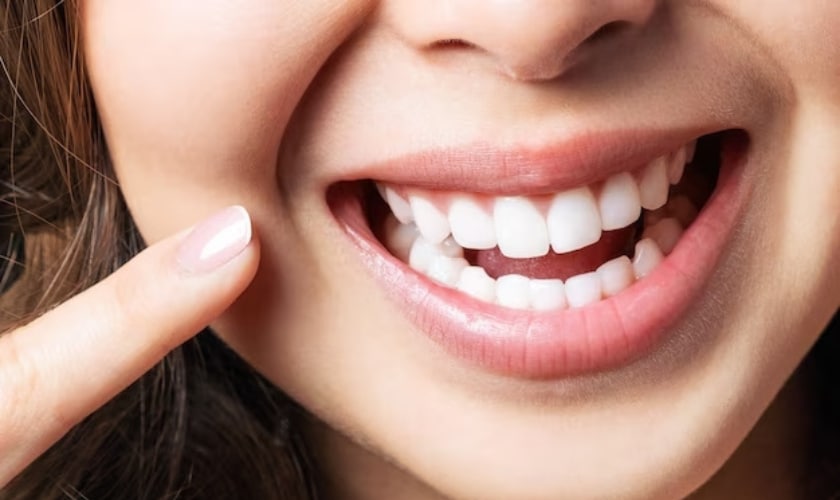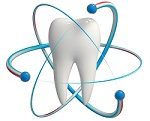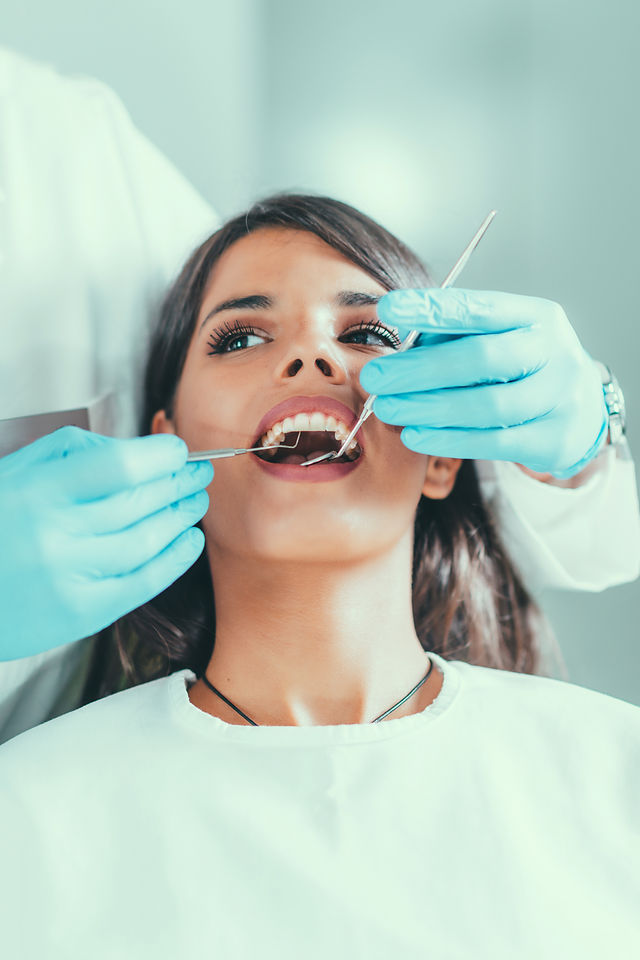Introduction
Having braces can be a life-changing experience, as they help straighten your teeth and give you a beautiful smile. However, it’s important to take proper care of your braces and maintain good oral hygiene to ensure the best results and prevent any complications. In this ultimate guide, we will provide you with valuable tips and techniques for cleaning your braces and maintaining optimal oral health.
Importance of Oral Hygiene with Braces
When you have braces, maintaining good oral hygiene becomes even more crucial. Braces create small spaces where food particles and plaque can easily get trapped, leading to tooth decay, gum disease, and bad breath. Therefore, it is essential to follow a proper cleaning routine to keep your braces and teeth clean and healthy.
Brushing Techniques for Braces
Brushing your teeth with braces requires a slightly different technique. Start by using a soft-bristled toothbrush and fluoride toothpaste. Hold the brush at a 45-degree angle and gently brush in small circular motions. Pay extra attention to the areas around the brackets and wires, ensuring that you remove any food particles or plaque buildup.
Choosing the Right Toothbrush
Opt for a toothbrush with a small head and soft bristles. This will help you reach all the nooks and crannies around your braces more effectively.
Using Interdental Brushes
In addition to your regular toothbrush, interdental brushes can be useful for cleaning between the brackets and wires. These small brushes can reach areas that are difficult to access with a regular toothbrush.
Flossing with Braces
Flossing is an essential part of maintaining oral health, even with braces. However, traditional flossing can be challenging with braces. To make it easier, use a floss threader or orthodontic flosser. Gently guide the floss under the wire and between your teeth, making sure to clean both sides of each tooth.
Using Water Flossers
Water flossers, also known as oral irrigators, can be a great alternative to traditional flossing. These devices use a stream of water to remove plaque and food particles from between your teeth and braces.
Mouthwash for Braces
Using an antimicrobial mouthwash can help kill bacteria and freshen your breath. Look for a mouthwash that is alcohol-free and specifically designed for orthodontic patients.
Summary
Properly cleaning your braces is crucial to prevent plaque buildup, tooth decay, and gum disease. It requires a bit of extra effort and attention, but the results are well worth it. Here’s a summary of the key points covered in this guide:
- Brush your teeth and braces after every meal using a soft-bristle toothbrush and fluoride toothpaste.
- Use interdental brushes or floss threaders to clean between the wires and brackets.
- Rinse your mouth with an antimicrobial mouthwash to kill bacteria and freshen your breath.
- Avoid sticky and hard foods that can damage your braces.
- Visit your orthodontist regularly for adjustments and professional cleanings.
- Practice good oral hygiene habits, such as regular brushing and flossing, even after your braces are removed.

By following these guidelines and maintaining a consistent oral care routine, you can keep your braces clean, your teeth healthy, and achieve the best possible outcome for you use this link r orthodontic treatment.
- Q: How often should I clean my braces?
- A: It is recommended to clean your braces after every meal and snack.
- Q: What is the best way to clean my braces?
- A: Use a soft-bristle toothbrush and toothpaste to gently brush your braces, making sure to clean all surfaces and wires.
- Q: Can I use a regular toothbrush to clean my braces?
- A: Yes, a regular toothbrush can be used, but it is recommended to use a toothbrush specifically designed for braces for better reach and cleaning.
- Q: Should I use mouthwash with braces?
- A: Mouthwash can be used as a supplement to brushing and flossing, but it should not replace them. Look for a mouthwash that is orthodontic-friendly.
- Q: How often should I floss with braces?
- A: Flossing should be done at least once a day, preferably before bedtime, to remove any food particles and plaque stuck between the braces and teeth.
- Q: Can I eat any type of food with braces?
- A: It is best to avoid sticky, hard, and chewy foods that can damage or get stuck in your braces. Opt for softer foods and cut solid foods into smaller pieces.
- Q: How often should I visit my orthodontist during braces treatment?
- A: Regular visits to your orthodontist are essential. Typically, appointments are scheduled every 4-8 weeks to monitor progress and make necessary adjustments.
- Q: What should I do if a bracket or wire breaks?
- A: Contact your orthodontist immediately for guidance. In the meantime, you can use orthodontic wax to temporarily cover any sharp edges or discomfort.
- Q: How long do I need to wear braces?
- A: The duration of braces treatment varies for each individual, but it typically ranges from 1 to 3 years. Your orthodontist will provide a more accurate estimate based on your specific case.

Welcome to my website! My name is Ryder Forsyth, and I am a dedicated and passionate professional Orthodontist. With years of experience in the field, I have had the privilege of helping countless individuals achieve their dream smiles and improve their overall oral health.

